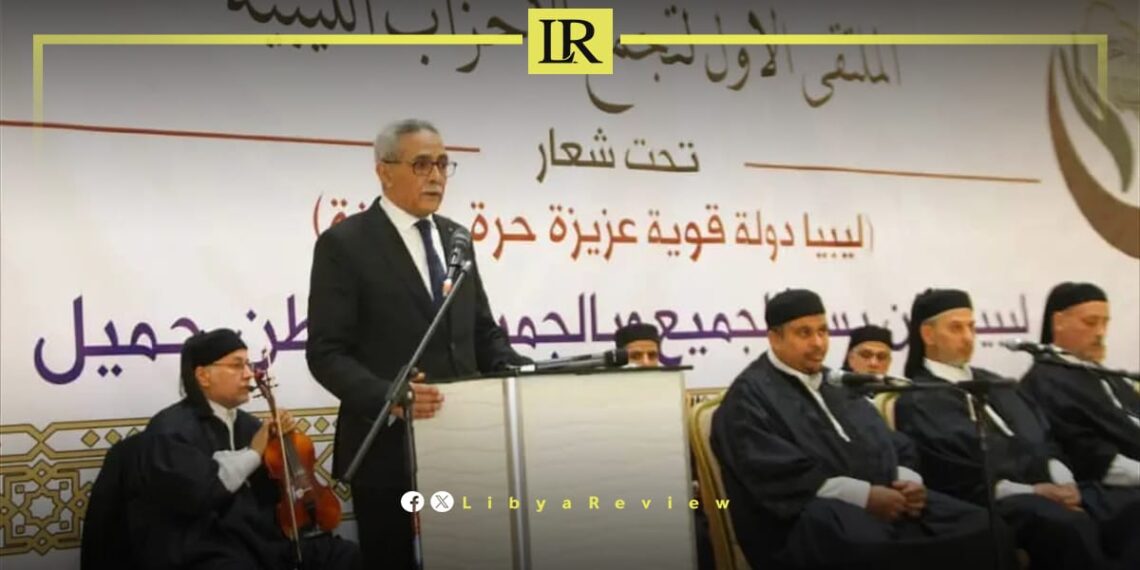A coalition of Libyan political parties has issued a strongly worded statement rejecting what it described as the United Nations Support Mission in Libya’s “manipulative and chaotic” handling of the so-called structured dialogue initiative. The group accused the mission of continuously altering the criteria for participation and undermining the credibility of the entire process.
The coalition said UNSMIL initially announced clear standards for selecting participants but later replaced them with “new and contradictory conditions”, a move the parties argue reflects “confusion, inconsistency, and a total loss of credibility”. According to the statement, such behaviour demonstrates an attempt to manage the crisis rather than solve it, pushing political actors towards “a dialogue table with no purpose and no value”.
The parties stressed that the current UN-led track is nothing more than a mechanism to buy time and patch up yet another failed phase of what they called “international mismanagement of the Libyan file”. They reiterated their earlier position of refusing to join any “theatrical or cosmetic dialogue”, insisting that Libya cannot be rebuilt through “superficial meetings, pre-packaged initiatives, or proposals tailored to specific actors”.
The coalition added that its stance would not change, regardless of how many times the mission “changes the numbers, the criteria, or the names”. It described the mission’s conduct as a “full-fledged political farce” that disregards the intelligence of Libyans and ignores their suffering, prolonging a cycle of stagnation that has persisted “for years under UN supervision”.
The statement went further, alleging that the mission is attempting to impose “suspicious arrangements” under the banner of dialogue, framing the entire process as a “poorly staged performance aimed at recycling an unresolved crisis”.
Concluding the statement, the coalition held the UN mission fully responsible for the ongoing “chaos”, warning that any political path failing to respect national will and fixed, transparent standards will be met with “firm rejection and overt political confrontation”.


